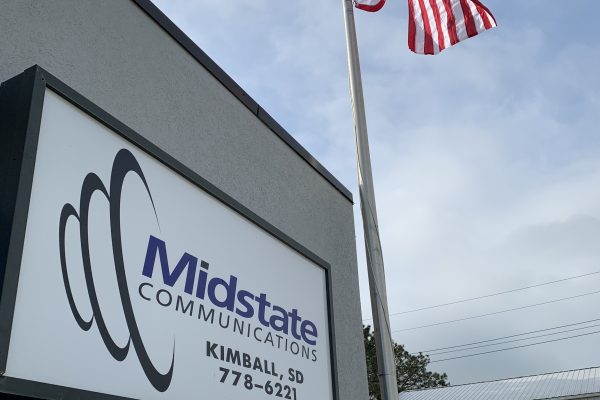
Although TrioTel Communications Inc. serves a relatively small market in South Dakota farm country, its customers enjoy a level of connectivity that companies serving some of the largest cities in the United States cannot beat.
“We have over 900 miles of fiber optic cable that runs through our territory. Even though our area is largely rural, our services ride on a state-of the-art network,” says Jan Larson, marketing supervisor for TrioTel. “That puts our customers at a competitive advantage.”
Old-style wiring is long gone from TrioTel’s network. The company’s residential and business customers have been served for the past two years by an entire fiber network.
“One of the factors we considered in planning our fiber-to-the-home project was the advantages improved connectivity would bring our communities,” Larson says. “Benefits include opportunities for economic development, telemedicine and public safety.”
The sophisticated network allows TrioTel customers to enjoy all of the advantages of modern telecommunications in the quiet beauty of rural South Dakota.
TrioTel, a cooperative formed in December 1951, is based in Salem, in McCook County. It also serves the communities Alexandria, Canova, Center, Clayton and Emery, Spencer, Winfred and the surrounding rural areas.
It is one of 17 phone companies in South Dakota that own Sioux Falls-based SDN Communications, which is the premier regional provider of broadband connectivity and related communications services to businesses and institutions.
TrioTel provides about 2,000 subscribers with services that include local phone service, Internet connectivity and television programming. It also leases out computers, offers computer classes, and is beginning to offer home-automation services, including camera systems that allow subscribers to remotely monitor buildings and other property.
The company’s role has evolved dramatically since its formative years in the early 1950s, when its mission was to provide telephone service that would be comparable in quality to that enjoyed by urban telephone customers.
“When I started here, we were definitely a telephone company. Now we’re a broadband company,” says Bryan Roth, general manager and CEO of TrioTel. He’s been with the cooperative since 1998. “Telephone is probably the least attractive service that we provide our customers.”
The phone service remains fine. It just lacks the glamour of, say, TrioVision, the cutting-edge video offering delivered on the company’s fiber network.
Roth expects the future of telecommunications companies to continue to be largely rooted in providing broadband connectivity and increasingly more services, including access to mobile users.
Some companies promote that they have the ability to provide customers gigabyte broadband service, if anyone would need or want that much capacity. TrioTel has the capacity ability, too, but doesn’t make a big deal about it. The company mostly focuses on serving the more common needs of everyday customers.
“If there’s anything we can provide better than our competitors, it’s our service – customer service and technical service,” Roth says. “We can’t always beat people on price points, but we can do better on service. And we’re always trying to do better.”
Roth credits the stability and success of TrioTel largely to the leadership of a veteran board. TrioTel’s seven-member Board of Directors includes two members with more than 40 year of service: President Ronald Sandine and Secretary/Treasurer Thomas Hueners.
In addition to leading TrioTel on a day-to-day basis, Roth helps guide SDN, which has been in business since 1989. Roth currently doubles as the president of the SDN’s Board of Directors.
“I’m very proud of SDN,” he says. “It’s been a great organization. I’ve got a lot of hope for it in the future.”



